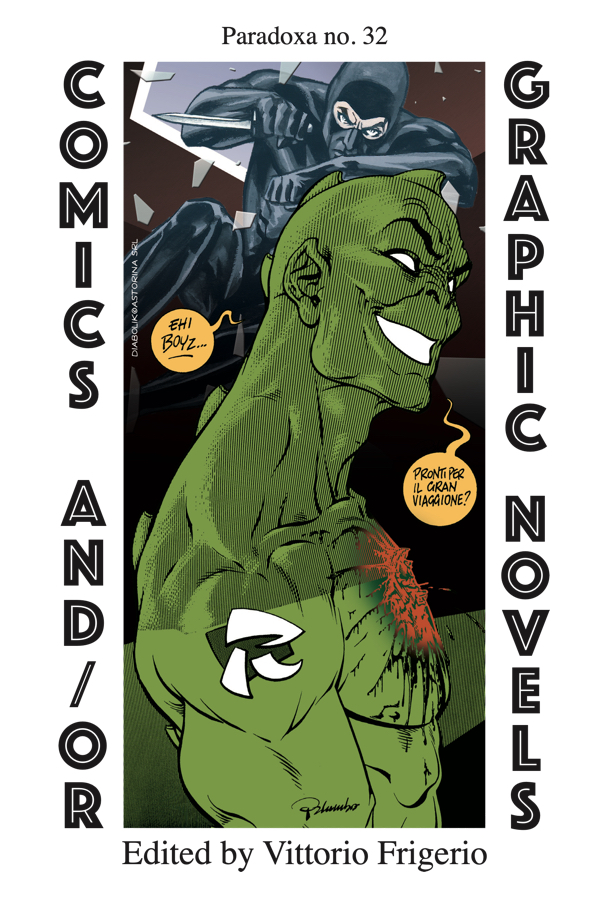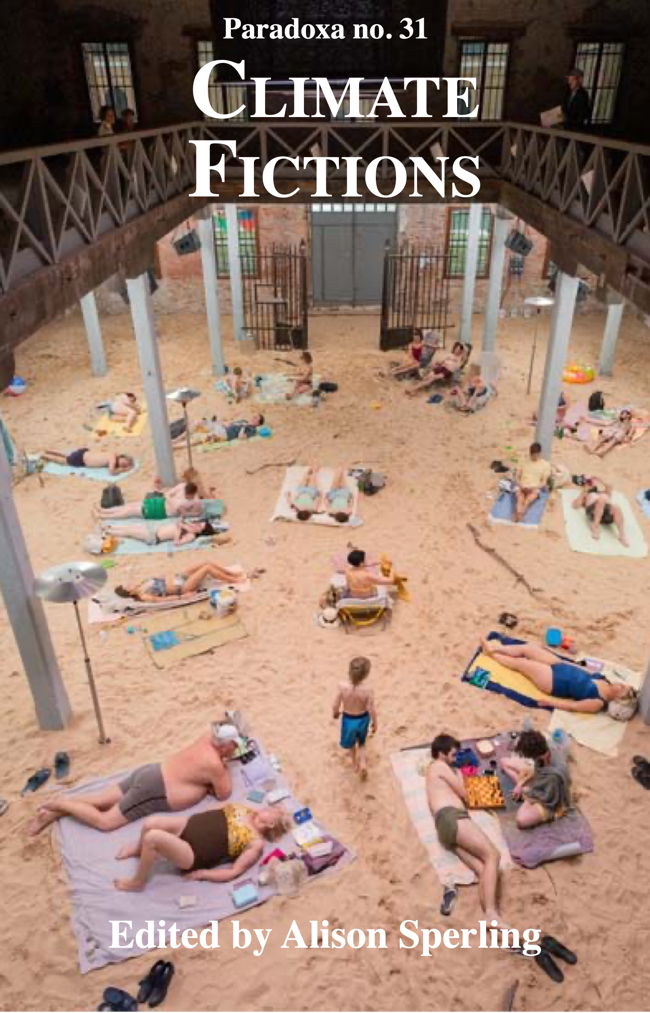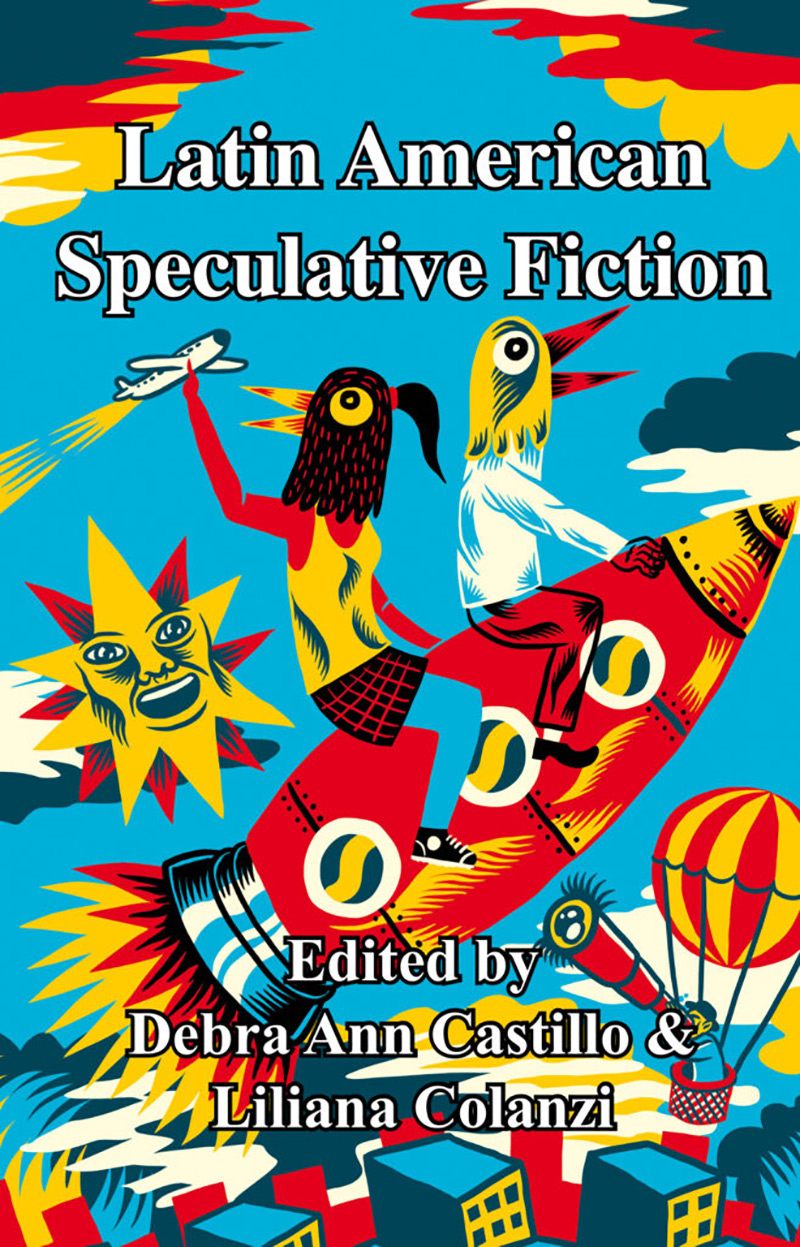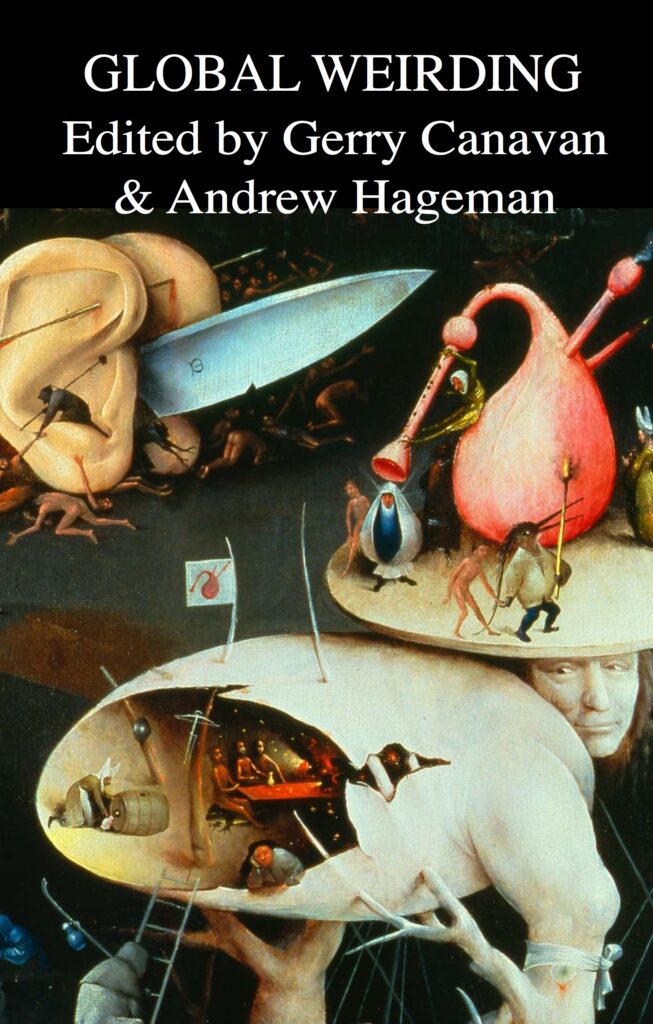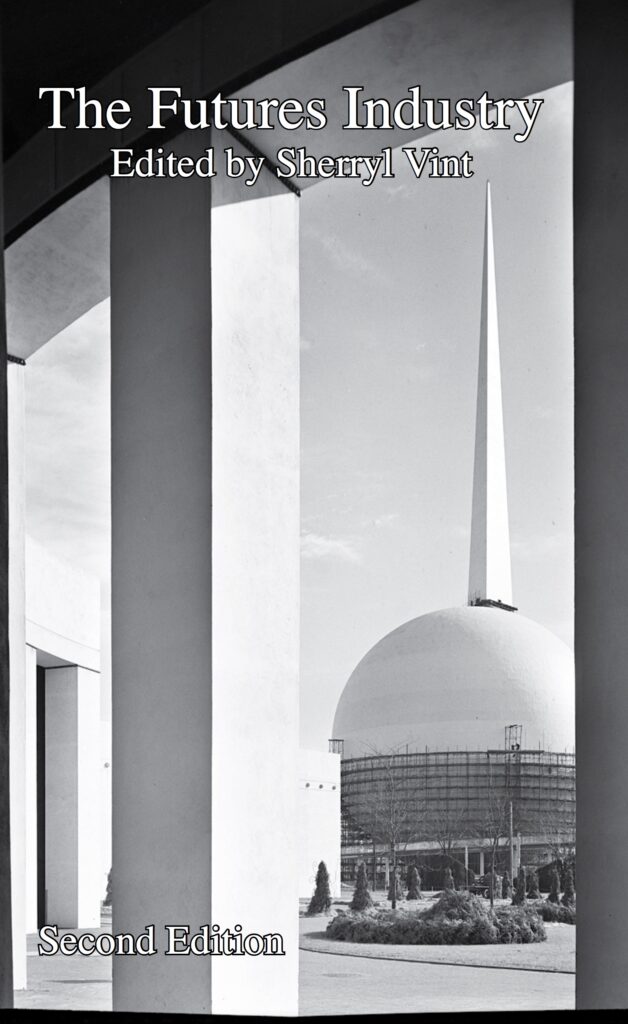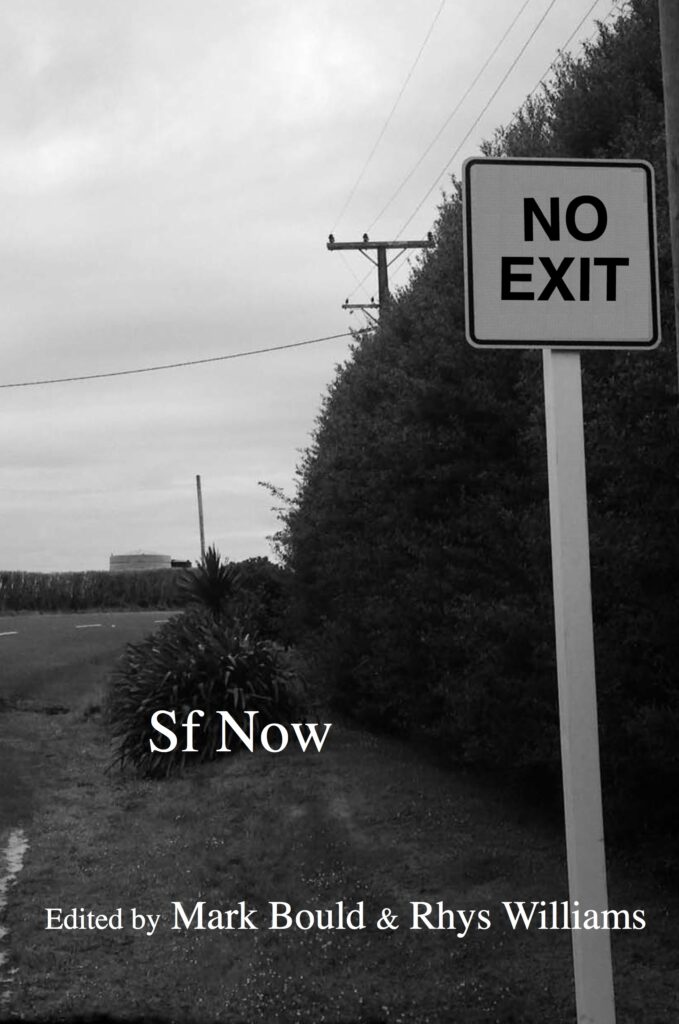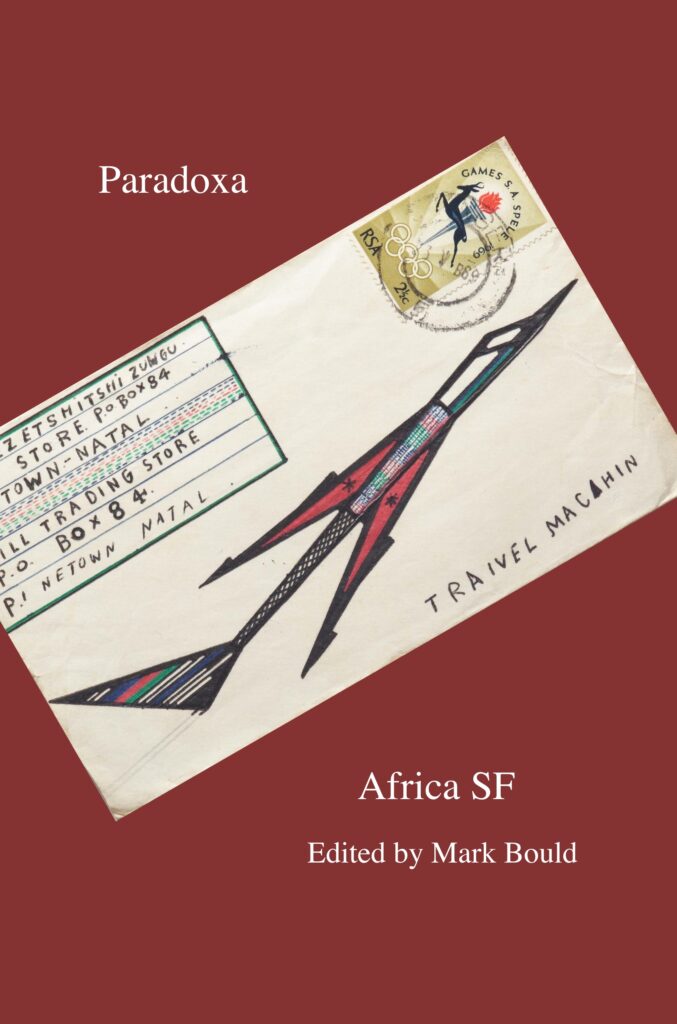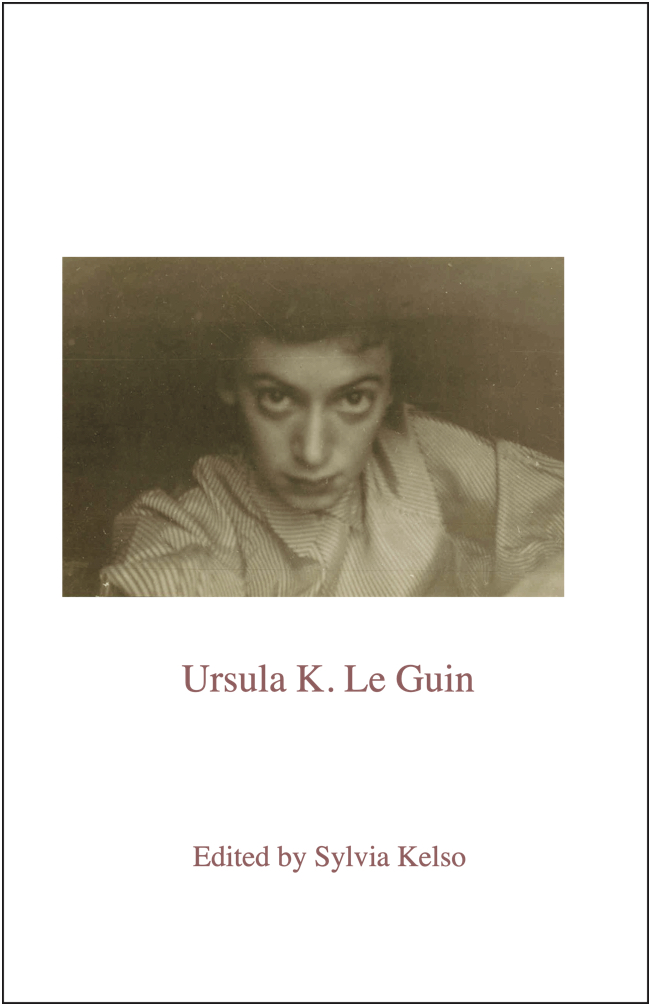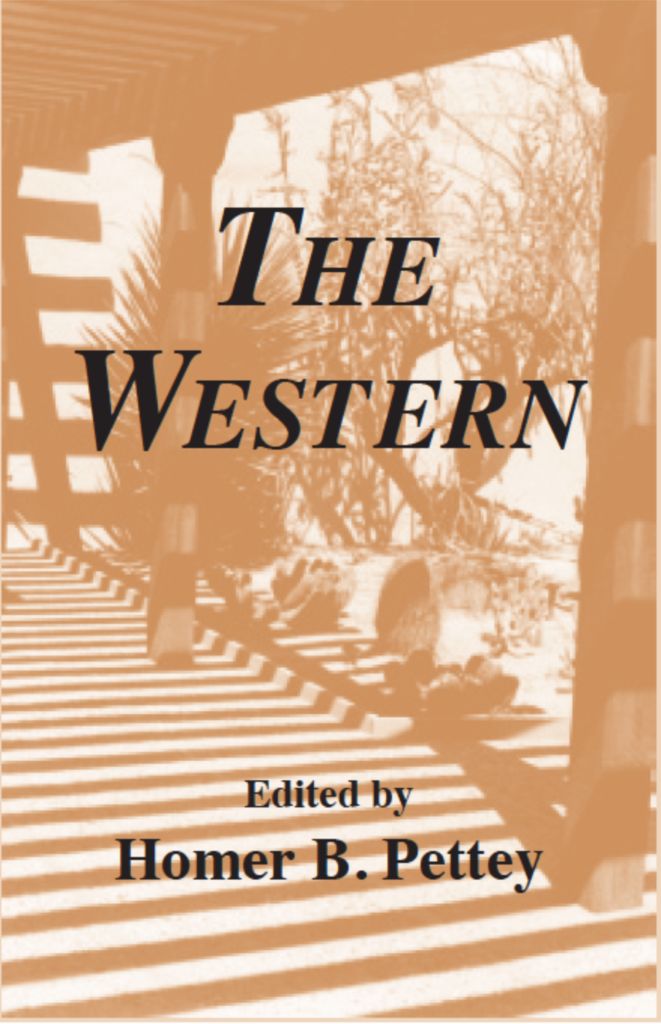Tyler Austin Harper
Bates College
“Unequal Survival: Climate Fiction, Paranoid Anthropocentrism, and the Politics of Existential Risk”
Abstract
This article examines the rhetorics that have informed literary and filmic works in which climate change is depicted as an “existential risk,” that is, as a threat to the survival of the human species. More specifically, it suggests that literary and filmic reflection on human extinction in general, and human extinction via climate change in particular, is frequently marked by a disposition referred to here as “paranoid anthropocentrism”: an ideology predicated on the notion that the human species is at once the site of a permanent emergency (always-already vulnerable to extinction at the hands of a hostile environment) and is a species with the unique capacity to self-consciously direct its own survival. Undertaking close readings of Alfonso Cuarón’s film Children of Men, the British biologist J.B.S. Haldane’s short work of theory-fiction “The Last Judgement,” and Jeanette Winterson’s novel The Stone Gods, this article interrogates the universalist fantasies that frequently subtend representations of climatic existential risk, examining how “the good of the species” is often invoked in order to justify extreme—and tacitly racialized—measures aimed at ensuring human survival.

